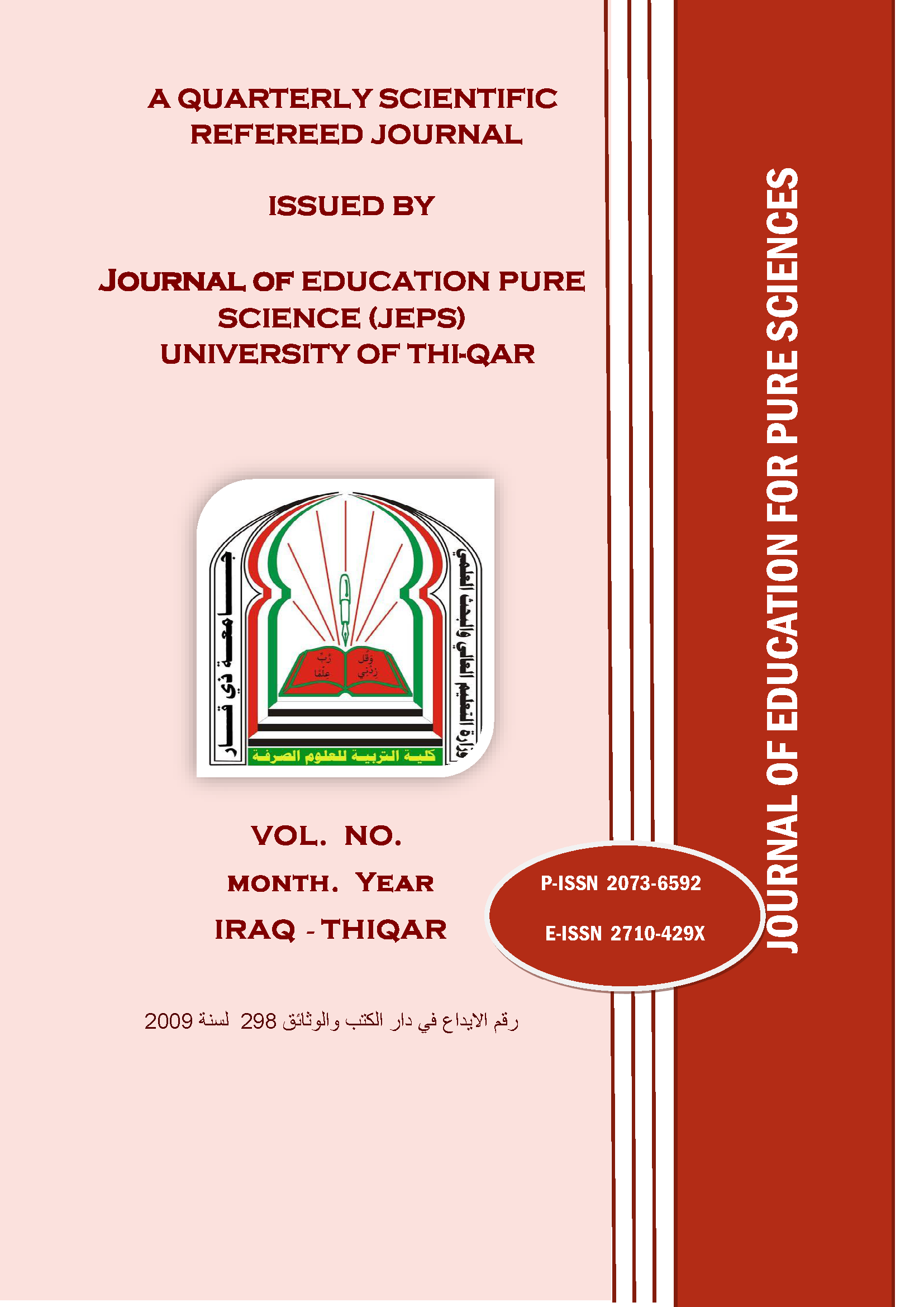Personalized Chatbot Responses using Reinforcement Learning and User Modeling
DOI:
https://doi.org/10.32792/jeps.v14i3.462Keywords:
Personalized Chatbot Responses, Reinforcement Learning, User Modeling, Proximal Policy Optimization, User EngagementAbstract
The research focuses on chatbot interaction enrichment using reinforcement learning and user modeling. It aims to develop a personalized RL-based response generation framework for the optimization of satisfaction, engagement, and completion rates for the users. Anonymized historical interaction data from 500 users were collected to generalize user-profiles and contextual models. This was done by extracting features and observing and evaluating the control and experimental groups to test the efficacy of the working personalized system. Results indicated an overall increase of 35 percent in user satisfaction, 50 percent in session duration, and 25 percent in rates of completion of tasks against the traditional rule-based system. The results are very much in line with current literature on the improvements personalization can bring to the user's experience across many domains. The results from this study thus propose that personal AI systems powered with fine-grained models of users and reinforcement learning could obtain more engaging and efficient user interactions. The result has further-reaching implications for, for example, e-learning, customer service, and healthcare applications.
Downloads
Published
Issue
Section
License
Copyright (c) 2024 Journal of Education for Pure Science- University of Thi-Qar

This work is licensed under a Creative Commons Attribution-NonCommercial-NoDerivatives 4.0 International License.
The Authors understand that, the copyright of the articles shall be assigned to Journal of education for Pure Science (JEPS), University of Thi-Qar as publisher of the journal.
Copyright encompasses exclusive rights to reproduce and deliver the article in all form and media, including reprints, photographs, microfilms and any other similar reproductions, as well as translations. The reproduction of any part of this journal, its storage in databases and its transmission by any form or media, such as electronic, electrostatic and mechanical copies, photocopies, recordings, magnetic media, etc. , will be allowed only with a written permission from Journal of education for Pure Science (JEPS), University of Thi-Qar.
Journal of education for Pure Science (JEPS), University of Thi-Qar, the Editors and the Advisory International Editorial Board make every effort to ensure that no wrong or misleading data, opinions or statements be published in the journal. In any way, the contents of the articles and advertisements published in the Journal of education for Pure Science (JEPS), University of Thi-Qar are sole and exclusive responsibility of their respective authors and advertisers.





